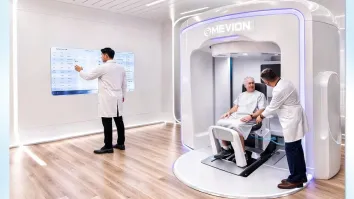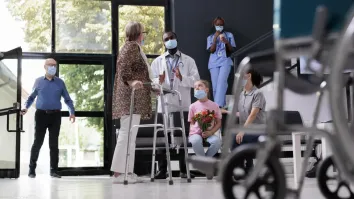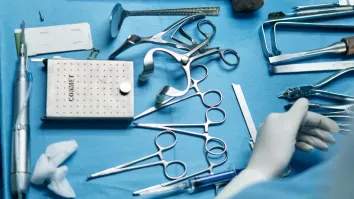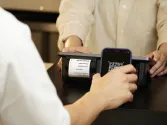
ASAN Medical Center holds study for safety of new CAR T-cell Therapy
The study showed an overall response rate of 91.7% for administering the new treatment AT101.
ASAN Medical Center has conducted a study for verification of the efficacy and safety of a new CAR T-cell Therapy.
A team at Asan Medical Center has examined 12 patients with B-cell lymphoma for nine months, all of whom were either intractable for treatment or had relapsed but were illegible for other standard treatment options.
Patients were grouped by dose level – DL-1, DL-2, and DL-3 groups. The application of AT101 led to cytokine release syndrome and neurotoxicity of grade 3 or higher observed in one person each.
The total response rate was 91.7%, along with a significant 100% response rate in the DL-2 and DL-3 groups.
ALSO READ: Asan Medical Center's number of overseas patients rose by 16%
CAR T-cell therapy (Chimeric Antigen Receptor T-cell therapy) is a treatment revolving around T-cells with chimeric antigen receptors that are reactive to specific cancer cells and infusing them into patients to eliminate cancer cells.
Current CAR T-cell therapies, including Kymriah, use an antibody binding site, extracted from mice, called FMC63. But the new treatment, labelled AT101, applies a humanised antibody binding site closely linked to cancer cells, compared to FMC63.
“Although this is a phase 1 study conducted with a small number of patients, considering that the response rates of existing treatments are around 40-50%, confirming the effectiveness and safety of AT101 is significant,” Professor Dok Hyun Yoon, a member of the Division of Oncology at Asan Medical Center, commented on the progress.
The results of the therapeutic study are found in the recently published international journal “Molecular Cancer”.



















 Advertise
Advertise






